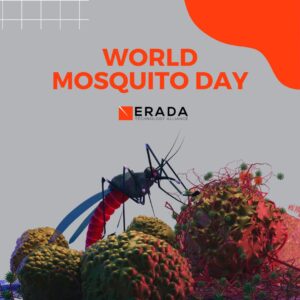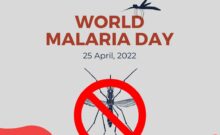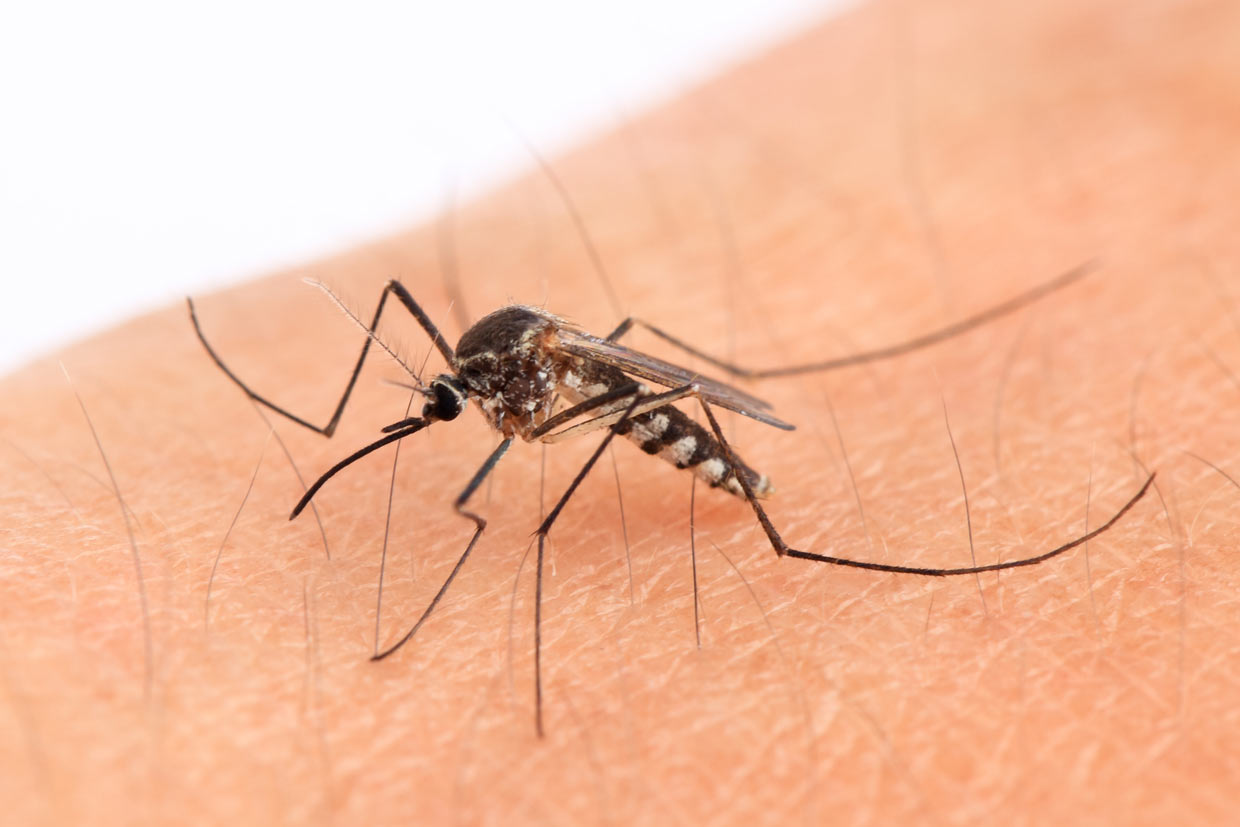 On the 20th of August 1897, Sir Ronald Ross revealed the link between female Anapoles mosquitoes and malaria in humans. 125 years later, World Mosquito Day is a potent reminder of the enduring existence of one of the world’s most pervasive diseases. Despite decades of research, detection, treatment, and management, there is still so much that needs to be done to end the ever-present skirmish between science and sickness.
On the 20th of August 1897, Sir Ronald Ross revealed the link between female Anapoles mosquitoes and malaria in humans. 125 years later, World Mosquito Day is a potent reminder of the enduring existence of one of the world’s most pervasive diseases. Despite decades of research, detection, treatment, and management, there is still so much that needs to be done to end the ever-present skirmish between science and sickness.
Since our founding, Erada Technology Alliance has sought to utilise research, international collaboration, and global innovation to aid this end. Through the release of Salva!, our rapid diagnostic technology (RDT), we believe that the key to malaria’s demise lies in pioneering early intervention and detection methods. Born from personal experience, our founder, Dr Benji Pretorius, considers this to be the vital route to bridging the gap between knowledge and solid, ethical business, essential to consigning malaria to the history books. Dr Pretorius himself fell victim to malaria, knowing first-hand its devastating effects and the need for rapid diagnosis.
Salva! offers swift and non-invasive testing technology that overcomes the deficiencies of blood-based methods. The use of saliva, rather than blood, in testing for the low presence of malaria parasites allows for immediate detection of malaria in symptomatic individuals. This gives rural communities the opportunity for accurate malaria testing on the spot, rendering commutes to distant health care facilities needless. Given the disruption caused by COVID-19, Salva! not only accelerates diagnosis but side-steps the anxiety of visiting these facilities caused by COVID-19, maximising the odds that those needing treatments will get treatment.
Over 125 years of universal struggle, our confidence in succeeding in eradicating malaria has grown. Whilst international governments, health boards and organisations remain vigilant in their commitment to this cause, malaria still claims thousands of lives annually. In 2021 alone, the World Health Organisation (WHO) reported 627,000 estimated malaria deaths. This disease’s constant evolution continues to outwit anti-malaria medication, and with global warming on the up, its effect is spreading to new areas. The global community cannot afford to let off the pressure. We must maintain the monumental scientific strides taken and push forward further innovation and collaboration. Only then will we become one step ahead.
Check out our website, blog and social media pages for further updates and the latest stories, or sign up for our newsletter, A View from the Field.
We must keep fighting and continue the struggle to eradicate malaria for good.






